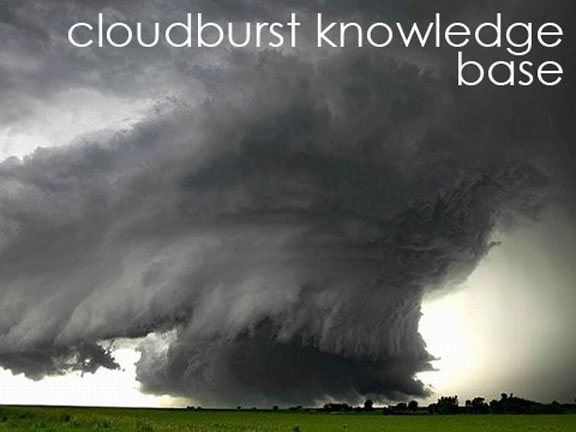age or ability?
i was talking with a colleague and confidant about grade-level systems, and we began thinking about what makes more sense for students: age-level or ability-level placement? i immediately thought of other learning processes such as martial arts, music, sports, visual arts and almost everything else that is typically taught outside our K-12 classrooms, and i realized each of these operates on an ability-based placement system. black belts are not just the old fogies and many middle school music students are much more accomplished than some college student trying to become that guy-at-the-party-who-plays-guitar. so why are students in our schools placed in grade levels based on their ages, forcing teacher to teach myriad levels within a single group of students?
i think socialization is one reason. students should be able to socialize with peers at or near the same age, especially during adolescent years. we have all heard about 13-year-olds who go to college and turn into socially inept savants who live frustrated, incomplete lives, having never developed certain parts of their socio-psychological selves through social interaction. also, exceptionally advanced students often learn so quickly, that even higher level courses are too slow for them. they actually need accelerated courses to be challenged. but is it elitist to offer accelerated options for those who are exceptionally able learners? it is if we ignore the needs of other students. but we don't think that has to happen.
let's consider what most kids need:
social interaction with peers: ah, but 'peers' can be defined by age, intellect, specific aptitude and interests, not just the other kids on the block.
academic challenge: bored kids are usually bored because their learning, lightning fast at birth, has continuously slowed to a mind-numbing belly crawl. think back, you know what i am talking about.
life challenge: this is a little fuzzy, but kids need to learn how to deal with struggles they will face throughout their lives. we offer safe environments to explore academic learning in schools, so we can cerainly help ensure kids begin learning life lessons individually while they still have support networks like parents, guardians, teachers and other guides available. out in the world, sometimes there's no one but you and your problems. if that's the first time you've dealt with these types of problems, you might be in trouble.
we need to figure out how to balance these things without excluding or severely limiting any of them. keeping students with kids the same age no matter what leaves some kids bored and artificially limited and others struggling to keep up, often learning more about how to limp through an upcoming high-stakes test than any actual knowledge or skills. learning must be connected to the rest of the world, so there is no reason different age-levels and different academic levels need to remain bounded from one another. we adults work with and learn from one another, even though we are all different ages and levels of ability and experience. why not prepare students to do this more naturally by encouraging it while they are still in school?
i suspect that there are enough variations among students regarding different kinds of aptitudes and abilities that all forms of developmentally important interaction can be met through an approach that limits arbitrary and artificial barriers between students. i realize this is a complex process and deals with very complex inter- and intrapersonal activities. i don't believe that attempting to simplify the students into least-common-denominator categories is the best way to address this complexity. i realize this post contradicts itself in some places, but the argument does have multiple valid perspectives so i have decided not to edit them out. i hope this transparency will allow better discussion of this topic.


